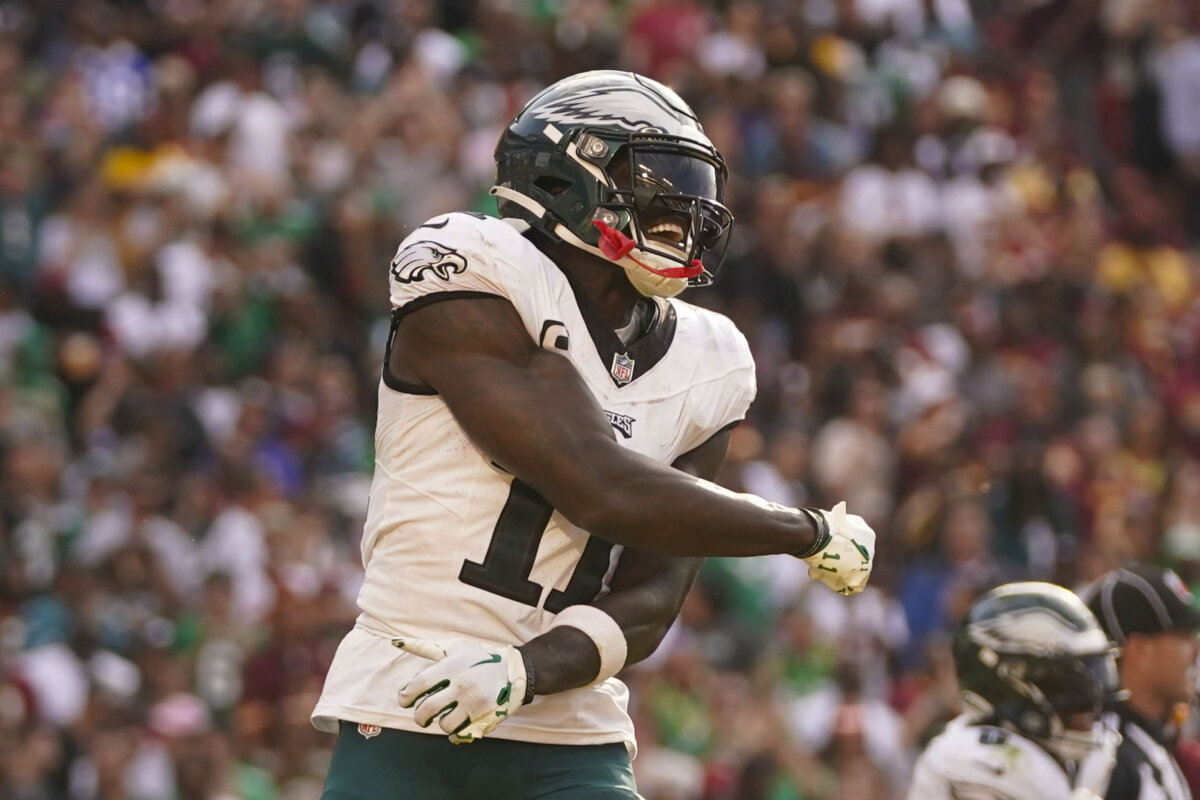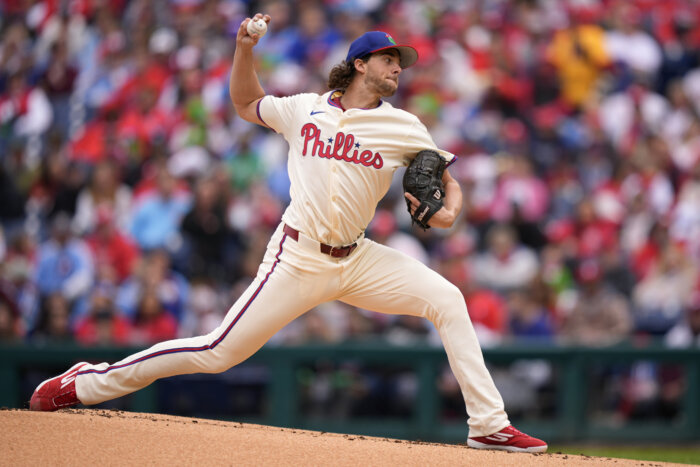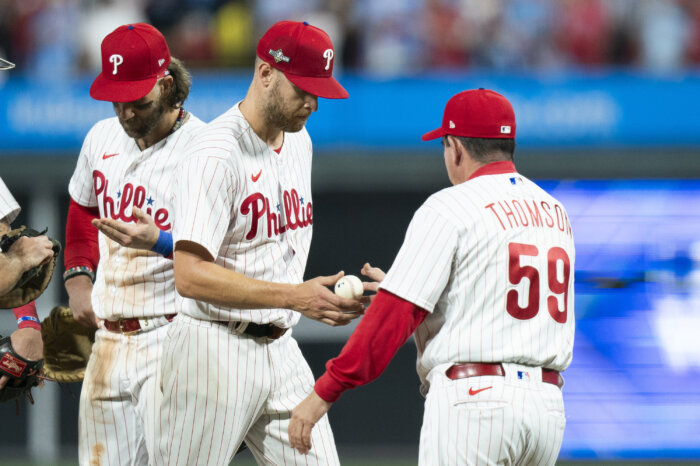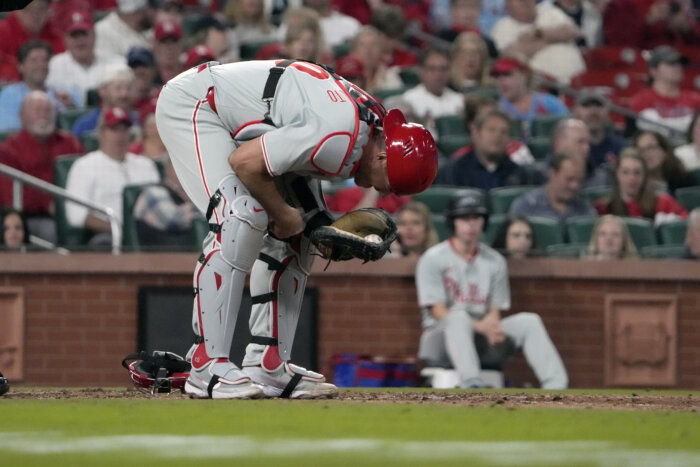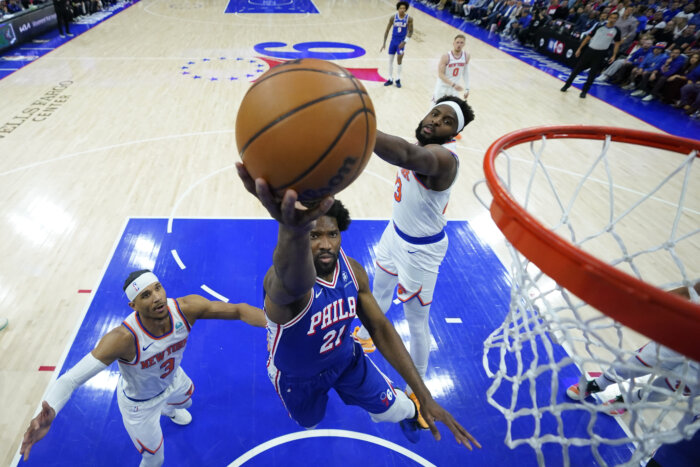By DAVID BRANDT AP Sports Writer
Spring training games might be a little ugly this year, particularly during the first few weeks.
For Major League Baseball, that’s a feature, not a bug.
The Grapefruit and Cactus League games in Florida and Arizona over the next month will be used as a petri dish for the sport’s rule changes, including a pitch clock, bigger bases and limits to infield shifts. The idea is that the worst kinks will be worked out before opening day on March 30.
Though there’s multiple innovations, one stands above the rest.
“The pitch timer is — by far — the biggest change that’s coming this season,” said MLB executive vice president Morgan Sword said Tuesday. “Frankly, it’s probably the biggest change that’s been made to baseball in most of our lifetimes.”
The pitch clock has been tested for a few years at the minor league level. Pitchers will have 15 seconds to deliver their pitch with no runners on base and 20 seconds when runners are on base. There will be 30 seconds between batters and 2 minutes, 15 seconds between innings.
MLB games averaged 3 hours, 4 minutes last season following the introduction of the PitchCom electronic device to signal pitches, down from a record 3:10 in 2021. Sword said MLB’s research indicates fans prefer games that are around 2:30.
The pitch clock’s effect on minor league games in 2022 was substantial. Games that used the clock were, on average, 25 minutes shorter than those that did not.
“Fans want a crisper pace,” Sword said.
Sword said umpires will be watching for more balks when runners are on base. Some pitchers — particularly relievers — have funky idiosyncrasies in their deliveries and never come to a complete stop before delivering a pitch. That’s technically a balk, but umpires usually let those tics slide.
A complete stop with no movement becomes more significant because the pitch clock operator turns off the clock once the pitcher’s motion toward the plate begins.
Balks rose to 924 during a 1988 crackdown from 356 the previous year, then declined to 407 in 1989 and 288 in 1990. The total has been under 200 annually since 1989 and was 122 last year.
Sword said many MLB players who spent time in the minors during 2022 grew to appreciate the clock, even though there was an adjustment period. He said most players needed a few weeks to a month to get used to the changes, which is about the length of spring training’s game schedule.
Sword said the rule changes will be “full go” from the first day of spring training. That might lead to some irritated players and awkward moments during late February’s spring training games.





















